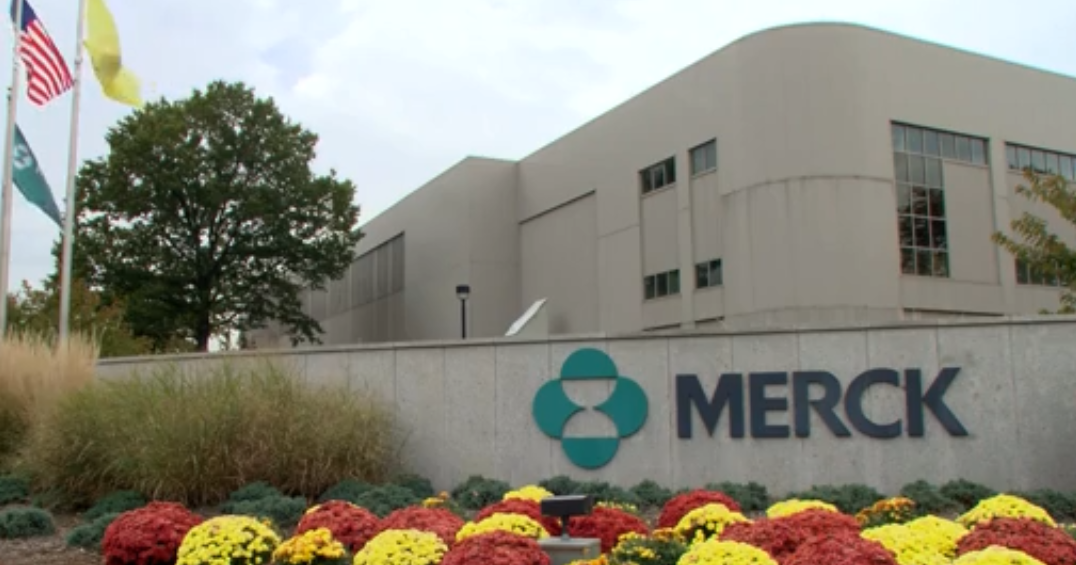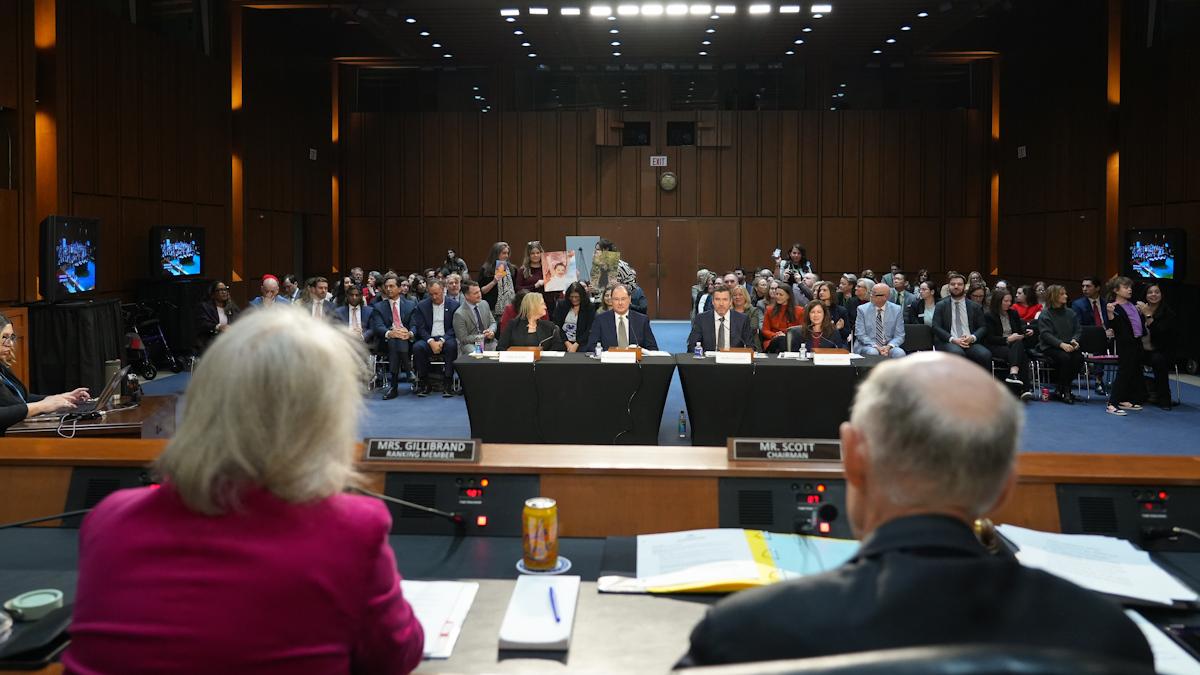Merck's Welireg becomes first drug for rare VHL tumours in US

Merck & Co has extended its range of cancer medicines in the US after claiming FDA approval for Welireg – a drug it acquired as part of its $2.2 billion takeover of Peloton Therapeutics in 2019 – for a family of rare tumours.
The drug is part of Merck's efforts to expand its oncology portfolio and reduce its reliance on big-selling cancer immunotherapy Keytruda (pembrolizumab), which is patent protected in the US and Europe until 2028.
Welireg (belzutifan), an oral HIF-2 alpha inhibitor, has been approved by the FDA for adults with von Hippel-Lindau (VHL) disease, an inherited condition caused by a mutation in the VHL gene that can cause tumours to develop in various organs of the body.
The FDA has approved Welireg for VHL-associated tumours in the kidney, central nervous system, and pancreas that don't require immediate surgery – making it the first and only approved systemic therapy for this type of tumour.
Despite the rarity of VHL tumours, Merck has blockbuster aspirations for Welireg which have been helped along by a broader than expected label for the therapy from the FDA – as well as an FDA verdict around a month earlier than scheduled.
Some analysts had predicted approval only in VHL-associated renal cell carcinoma (RCC), but the US regulator has given Welireg a broad label that also includes CNS cancers called haemangioblastomas as well as pancreatic neuroendocrine tumours (pNET).
The FDA approval is based on an open-label clinical trial in 61 patients with VHL-associated RCC – some of whom also had other tumours – who were treated with the drug at a dose of 120mg once daily until disease progression or unacceptable toxicity.
Welireg was associated with an overall response rate of 49%, with 56% of patient responding for at least a year after starting treatment. In a subgroup of 24 patients with haemangioblastomas the ORR was 63%, rising to 83% in a group of 12 subjects who also had pNET.
Merck paid $1.05 billion upfront to secure rights to Welireg, and also pledged another $1.15 billion in milestone payments. This first FDA approval triggers a $50 million payment to former Peloton shareholders, with another $50 million due on commercial launch.
So far, Merck – known as MSD outside the US and Canada – hasn't confirmed a price for the new therapy, but says it should be available "by early September."
While VHL cancers represent a small market, Merck has ambitions to extend the use of the drug into much more common disease. It is in clinical testing for advanced RCC – both alone and in combination with Keytruda and Eisai's Lenvima (lenvatinib) – as well as glioblastoma multiforme, a hard-to-treat form of brain cancer.
It estimates that there are about 10,000 VHL patients in the US and 200,000 worldwide.













